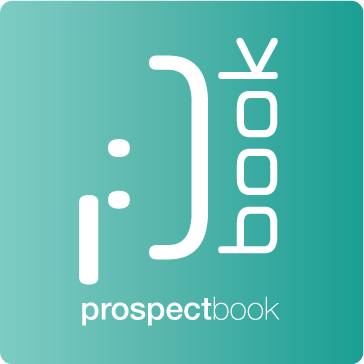Self-efficacy is a person’s belief in their ability to succeed in a particular situation. In sales, we view it as the self-perception of a salesperson regarding their ability to reach targets and deeply affects sales performance in three ways:
1) Salespeople with low self-efficacy tend to set relatively low goals. Conversely, a salesperson with high self-efficacy is likely to develop high targets.
2) Salespeople with high self-efficacy generally work hard to learn to perform new tasks because they are confident that their efforts will be fruitful.
3) Salespeople with high self-efficacy know they can acquire a new sale and a lost deal.
Below is a mini self-efficacy assessment to understand your levels of self-efficacy in the sales process and how they affect your communication with prospective clients and overall customer account profitability.
Note: all the sales soft skills tests are confidential and personal as self-development tools require. The organisation has no access to the results, and the individual results are not analysed or monitored from any internal or external party.
Score Interpretation
7-15: Do not underestimate your potential People with low self-efficacy tend to see complex tasks as threats they should avoid. Because of this, they also tend to avoid setting goals and have low levels of commitment to the ones they do make. Stressful situations can also be tough to deal with, and those with low self-efficacy are less resilient and less likely to bounce back. As it seems, you need to try harder. Always remember that self-efficacy is more of a dynamic ability than a static characteristic. It can be built, decreased due to external factors, and increased if you focus your strength on it.
16-24: Progress, Progress, Progress! As the psychologist Bandura says, people’s beliefs about their abilities profoundly affect those abilities. Ability is not a fixed property; there is enormous variability in how you perform. People with a sense of self-efficacy bounce back from failure; they approach things in terms of handling them rather than worrying about what can go wrong. When their self-efficacy increases, salespeople offer more excellent relationship value to customers by exhibiting market expertise and reducing customer uncertainty. Therefore, a positive relationship between self-efficacy and customer relationship quality is expected. One of the most important sources of self-efficacy building is the instant and ongoing feedback from prospective clients and the teams supporting the different phases of the customer journey.
25-35: A self-efficacy champion should focus on Balance-Feedback-Overestimation High levels of self-efficacy in the sales process are the foundations of a better customer journey with touchpoints closer to customer expectations. Self-efficacious sales representatives are more capable of showing their market expertise and increasing the clients’ decision certainty. Nevertheless, highly self-efficacious people are more self-focused in their perspective-taking, attributing positive feedback to their ability while ignoring negative feedback. Self-efficacious salespeople may be similarly lenient in assessing their relationship status by focusing on self-serving customer cues. It suggests that self-efficacy may bias salespeople’s perspective-taking ability by causing them to overlook negative signals and focus on positive lines when assessing customer relationships. In any case, feedback is your guide to reducing the discrepancy between how the clients see you and how you believe they see you while avoiding overestimation side-effects and keeping the balance.
Source of the test: (Mukami, Lagat, Korir, 2019; Very Well Mind, 2022)
